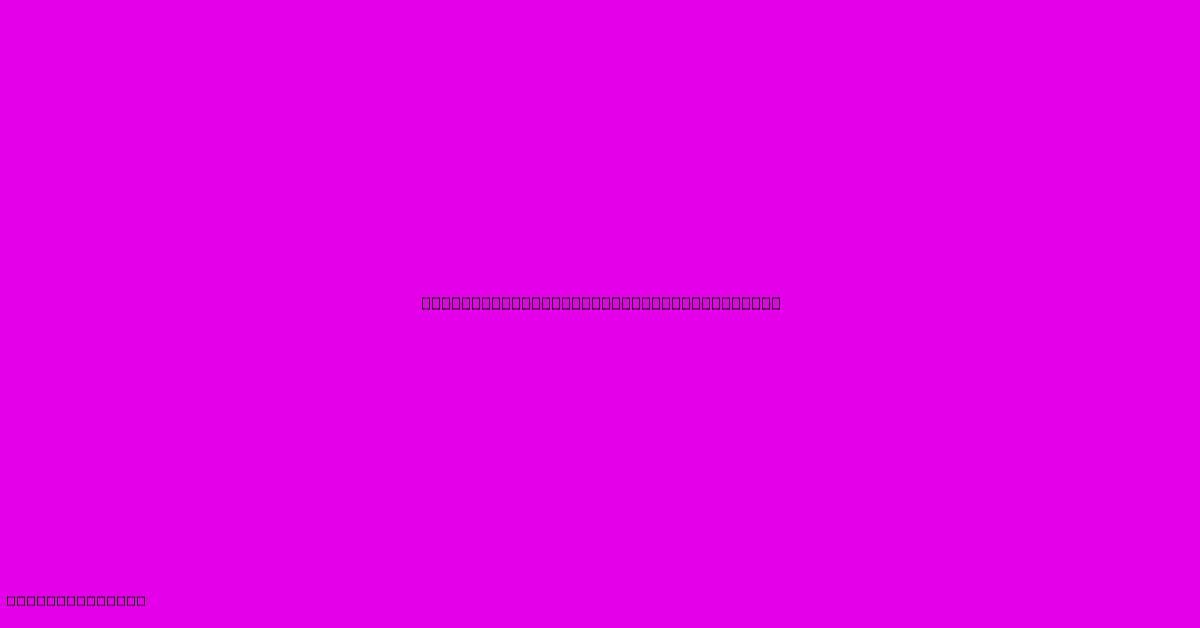Can You Use Technology On Yom Kippur

Discover more detailed and exciting information on our website. Click the link below to start your adventure: Visit Best Website mr.cleine.com. Don't miss out!
Table of Contents
Can You Use Technology on Yom Kippur? Navigating the Digital Dilemma
Yom Kippur, the Day of Atonement, is a time for introspection, repentance, and disconnecting from the material world to focus on spiritual growth. This raises a crucial question for many in our increasingly technology-driven society: Can you use technology on Yom Kippur? The answer, like many halachic (Jewish legal) matters, isn't a simple yes or no. It depends on interpretation and individual observance.
Understanding the Core Principles
The core principle behind Yom Kippur's restrictions centers around melacha – prohibited creative work. Traditional interpretations of melacha encompass 39 categories of labor, ranging from planting to writing. The question then becomes: Does technology usage constitute melacha?
This is where opinions diverge. Some authorities argue that using technology, particularly for activities like browsing the internet, playing games, or engaging in social media, is akin to engaging in frivolous activities that distract from the solemnity of the day and therefore should be avoided. The act of creating or modifying digital content could be seen as falling under certain melacha categories.
However, others argue that technology use isn't inherently prohibited. The focus, they emphasize, should be on the intent behind the action. Checking the time or using a medical device in an emergency are examples of technology use that aren't considered melacha. The key is to ensure that technology use doesn't distract from prayer, introspection, or acts of repentance.
The Grey Areas
The lines blur significantly in modern times. What constitutes "frivolous" use of technology is subjective and changes with technological advancements. A simple text message might be permissible in some interpretations, while streaming videos or engaging in online shopping is generally considered inappropriate.
Here's a breakdown of common technology uses and their potential Yom Kippur appropriateness:
Generally Permissible (with caveats):
- Emergency Situations: Using a phone for medical emergencies or contacting emergency services is clearly permissible.
- Time-Checking: Checking the time for prayer services is generally accepted.
- Essential Communication: Short, necessary communication relating to urgent matters might be acceptable. However, engaging in long conversations or casual chats is generally discouraged.
Generally Prohibited:
- Entertainment: Watching videos, playing games, browsing social media, or engaging in any form of entertainment.
- Shopping: Online shopping or any form of commercial activity.
- Extensive Communication: Engaging in lengthy conversations or non-essential communication.
- Creating or Editing Content: Writing emails, editing documents, or creating digital content.
Personal Responsibility and Individual Observance
Ultimately, the decision of whether or not to use technology on Yom Kippur rests on individual interpretation and conscience. It's crucial to consider the spirit of the day and prioritize prayer, reflection, and repentance.
Before Yom Kippur:
- Reflect on your technology usage: Consider your typical patterns and identify areas where you can readily reduce screen time.
- Consult with a Rabbi: If you are unsure about specific uses of technology, consulting with a rabbi who is well-versed in contemporary halacha is strongly recommended. They can provide guidance tailored to your specific situation and level of observance.
Yom Kippur is a deeply personal and spiritual experience. By thoughtfully considering the implications of technology use, we can better align our actions with the true meaning of this sacred day. The goal is not to rigidly adhere to a list of dos and don'ts, but rather to ensure our actions contribute to a meaningful and reflective observance.

Thank you for visiting our website wich cover about Can You Use Technology On Yom Kippur. We hope the information provided has been useful to you. Feel free to contact us if you have any questions or need further assistance. See you next time and dont miss to bookmark.
Featured Posts
-
Prosperity Technology
Dec 31, 2024
-
Newman Technology Jobs
Dec 31, 2024
-
Aston Villa Vs Brighton Matchday 19
Dec 31, 2024
-
Atlanta Loss Daniels Comments
Dec 31, 2024
-
Gol De Neymar No Amistoso Do Al Hilal
Dec 31, 2024
